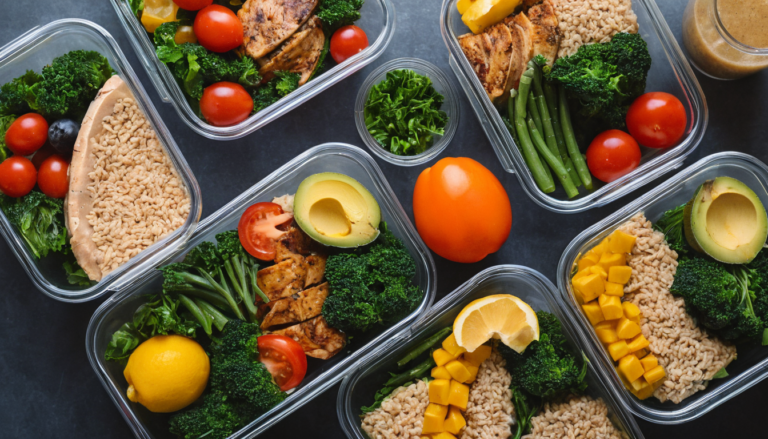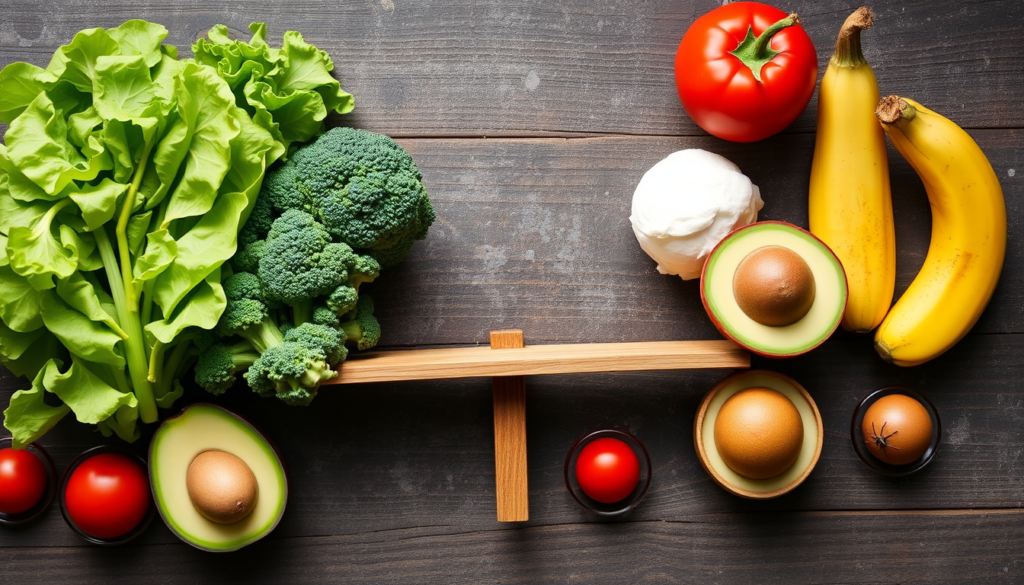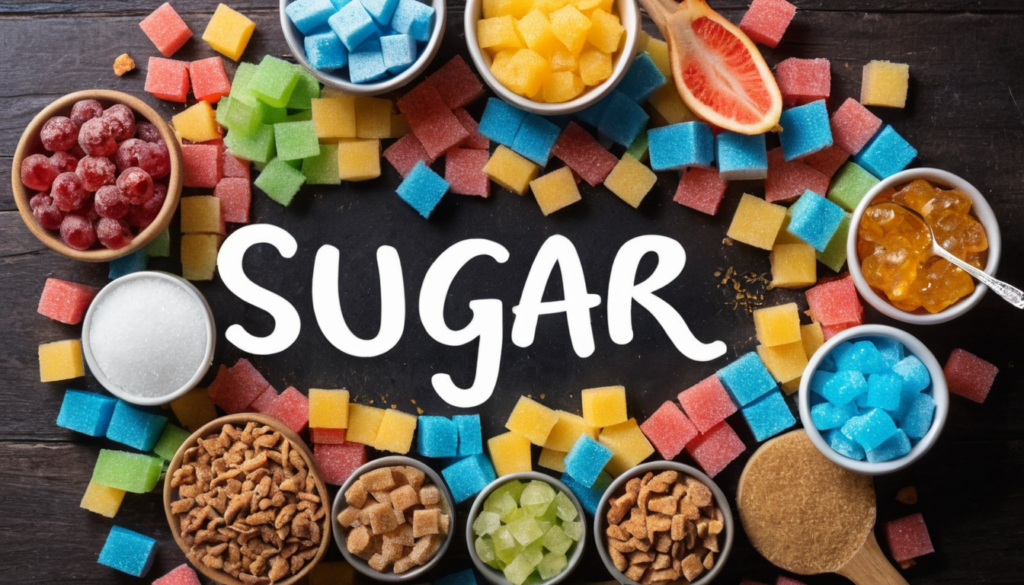In today’s fast-paced world, finding time to prepare healthy meals can be a challenge. Balancing work, family, and social obligations often leaves little room for home-cooked meals. This is where meal prepping comes in. Meal prep not only simplifies your weekdays; it can also contribute to healthier eating habits by making nutritious choices readily available. In this guide, we’ll explore easy tips and best practices for successful meal preparing designed for busy lifestyles.
What is Meal Prepping?
Meal prepping involves preparing meals and snacks in advance to save time during your busy week. It allows you to control what you eat, manage portion sizes, and minimize food waste. Whether you’re preparing meals for the week or just for a couple of days, meal prep can help streamline your cooking process.
Benefits of Meal Prepping
- Time-saving: Spend less time cooking and more time doing what you love.
- Cost-effective: Save money by buying ingredients in bulk and reducing food waste.
- Healthier choices: Avoid unhealthy takeout by having nutritious meals ready to eat.
- Portion control: Prevent overeating by controlling portions in advance.
- Reduced stress: Eliminate the daily “what’s for dinner?” dilemma.
Simple Steps to Successful Meal Prep
1. Plan Your Meals
The foundation of meal prep is a solid plan. Take some time each week to decide what meals you’d like to prepare. Here are some tips for effective meal planning:
- Choose Simple Recipes: Opt for easy, quick recipes that incorporate similar ingredients to minimize prep time.
- Mix and Match: Prepare versatile ingredients that can be used in multiple meals to keep your diet interesting.
- Consider Your Schedule: Account for any events or obligations to ensure you’re prepping meals when they will be eaten.
2. Make a Grocery List
Once you have your meal plan, create a grocery list to ensure you gather all necessary ingredients. Stick to the list to avoid impulse buying, which can save both time and money.
3. Batch Cook
Set aside a day, often Sunday, to cook several meals at once. Cooking in batches can make meal prep less overwhelming. Here are some tips for successful batch cooking:
- Use One-Pot Dishes: Prepare soups, stews, or casseroles that can be divided into multiple servings.
- Cook Grains and Proteins: Prepare large portions of rice, quinoa, chicken, or beans that can be used throughout the week.
- Roast Vegetables: Roasting a large tray of mixed vegetables can add a colorful and nutritious component to various meals.
4. Invest in Quality Containers
To keep your prepped meals fresh, invest in high-quality storage containers. Here are some features to consider:
- Size: Choose containers that fit your portion sizes and fridge space.
- Material: Opt for BPA-free plastic or glass containers for safe storage.
- Compartments: Consider containers with compartments to keep different foods separated.
5. Label and Organize
Label each container with the date and meal name to monitor freshness easily. Organizing your fridge with meal prep containers front and center may encourage you to grab them instead of resorting to takeout.
6. Be Flexible
While it’s important to have a plan, flexibility is key in meal prepping. If a meal doesn’t get eaten, it can be repurposed. Here are some ideas:
- Transform leftovers into a salad or wrap.
- Use cooked proteins in stir-fries or tacos.
- Add excess vegetables into omelets or frittatas.
FAQs about Meal Prepping
Q: How long can I store meal-prepped food?
A: Generally, meal-prepped foods can last in the fridge for 3-5 days. Be sure to freeze any extras that you won’t consume within this time frame.
Q: Can I meal prep for breakfast, too?
A: Absolutely! Breakfast options like overnight oats, smoothie packs, or egg muffins can be great for meal prepping.
Q: What should I avoid when meal prepping?
A: Avoid prepping highly perishable items like certain seafood or dairy that doesn’t store well. Additionally, meals with a short shelf life should be consumed quickly.
Conclusion
Meal prepping is an excellent strategy for anyone looking to simplify their dining routine while promoting healthier eating habits. By taking the time to plan, prep, and organize, you can make nutritious meals effortlessly accessible, ultimately revolutionizing your relationship with food.
With dedication and the right strategies, it doesn’t take long to transform your meal preparation process. So gather your ingredients, bust out those containers, and let meal prep make your week a whole lot easier!



